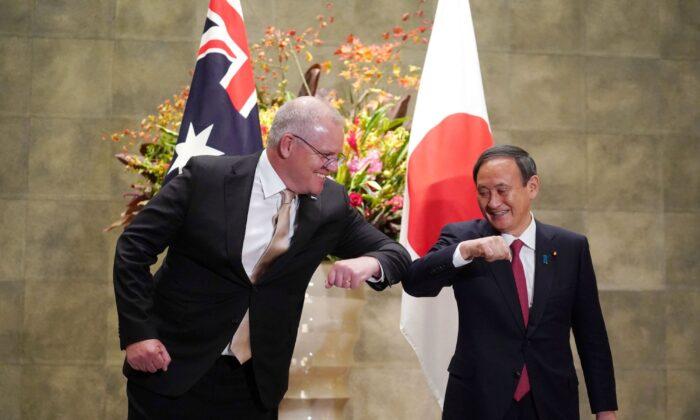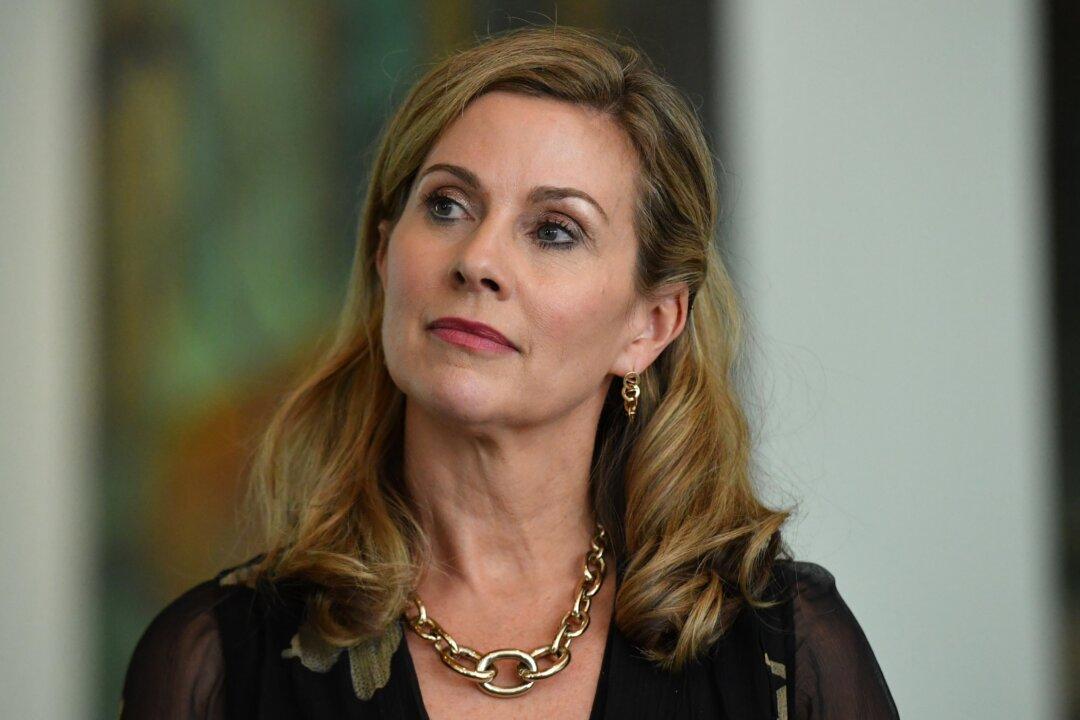Japanese Ambassador to Australia, Shingo Yamagami, said the security co-operation is a new and fast-growing pillar in supporting bilateral relations between the two nations.
Yamagami expressed his concern for the situation surrounding Taiwan, saying “any reckless or coercive action there could affect the peace and stability of the entire Indo-Pacific region.”
“This increases the importance of Australia and Japan working together,” Yamagami said.

Morrison and Suga said they would promote collaboration in areas such as security and the economy in commitment to their status as “Special Strategic Partners”.
The Quad Alliance’s importance, which consists of the U.S., Australia, Japan, and India, was also highlighted in promoting open economies in the region.
They expressed their “serious concerns” over the situations involving human rights situations in Hong Kong and Xinjiang, developments in Burma (also known as Myanmar), and East and South China Seas.
The new law is another addition to further China’s growing presence around the seas in the region. They continue to assert sovereignty over the Senkaku Islands in the East China Sea and build artificial islands for their military in the South China Sea despite a 2016 international ruling against it.





